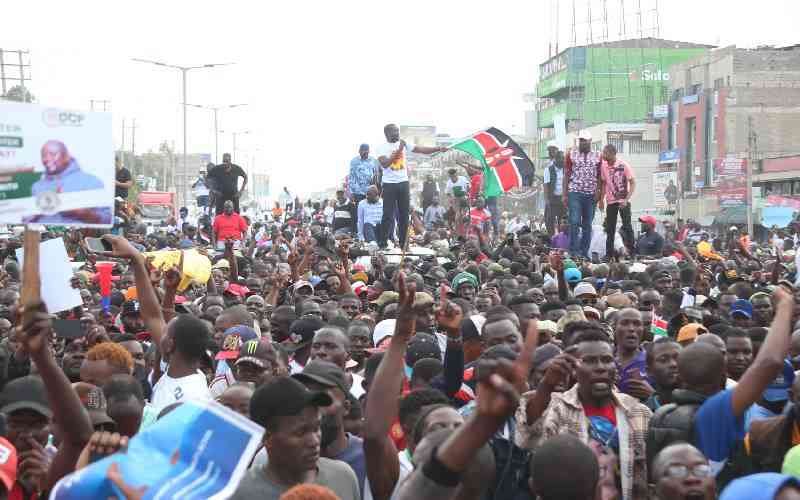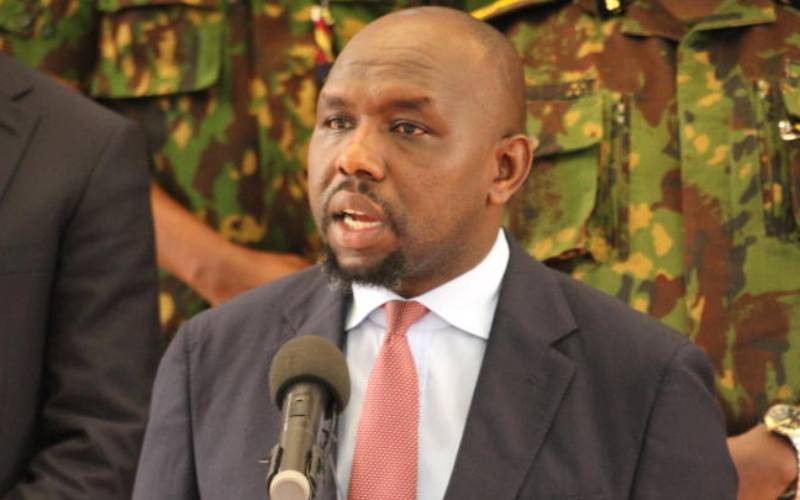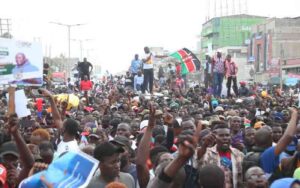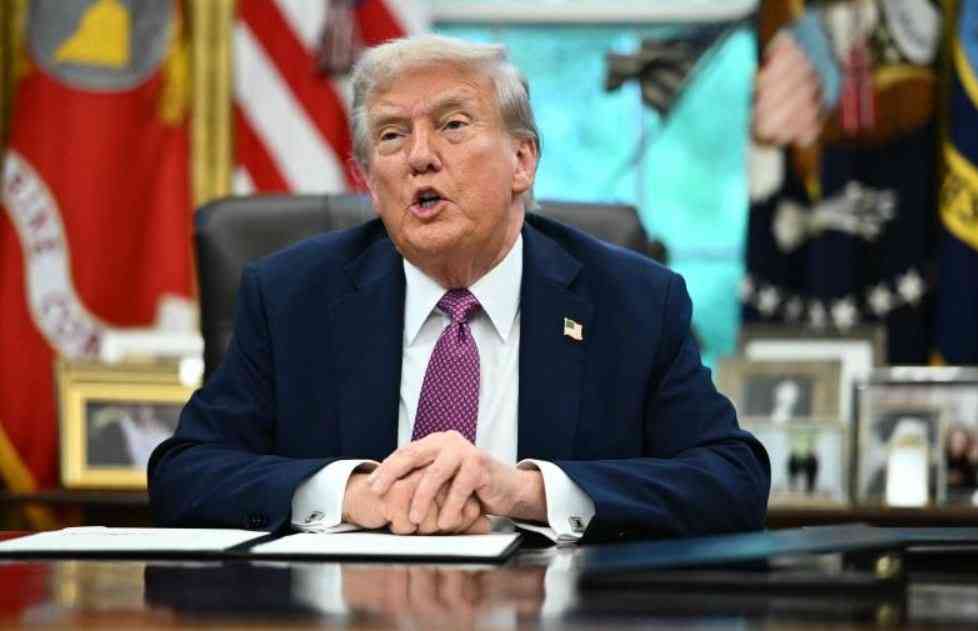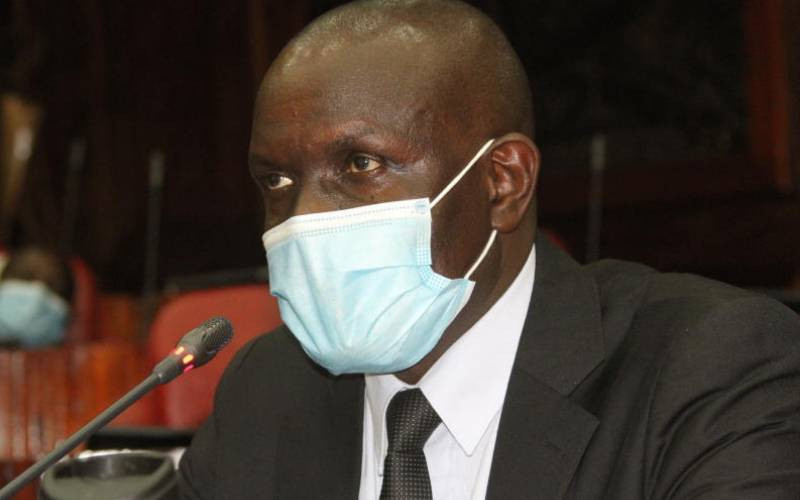Kenya has formally declared the Muslim Brotherhood and Hizb-ur-Tahrir as terrorist organisations under the Prevention of Terrorism Act.
Interior Cabinet Secretary Kipchumba Murkomen issued the order through a gazette notice dated Friday, September 19, saying the two groups are now classified as specified entities under section 3(3) of the law.
“The declaration shall remain in force until it is revoked by the Cabinet Secretary or by order of the Court,” said Murkomen.
The move places the organisations on Kenya’s official terrorism watchlist, meaning their activities, funding and membership are now criminalised.
Kenya has battled extremist violence for more than a decade, with al-Shabab militants staging deadly attacks in Nairobi, Garissa, Lamu and Mandera since the 2013 Westgate Mall siege.
The government has responded with a mix of military operations in Somalia, intelligence-led policing at home and community-based counter-radicalisation programmes.
The National Strategy to Counter Violent Extremism, adopted in 2016, sought to involve religious leaders, civil society and local governments in preventing recruitment into extremist groups.
However, critics have observed that heavy-handed security operations have sometimes eroded public trust and strained relations with communities in northern and coastal Kenya.
Globally, several countries including Egypt, Saudi Arabia, the United Arab Emirates and Russia have already banned the Muslim Brotherhood, while Hizb-ur-Tahrir has faced restrictions in parts of Europe, Asia and the Middle East.
Kenya’s decision aligns it with states that treat transnational Islamist movements as potential security threats, not just local militant groups.



